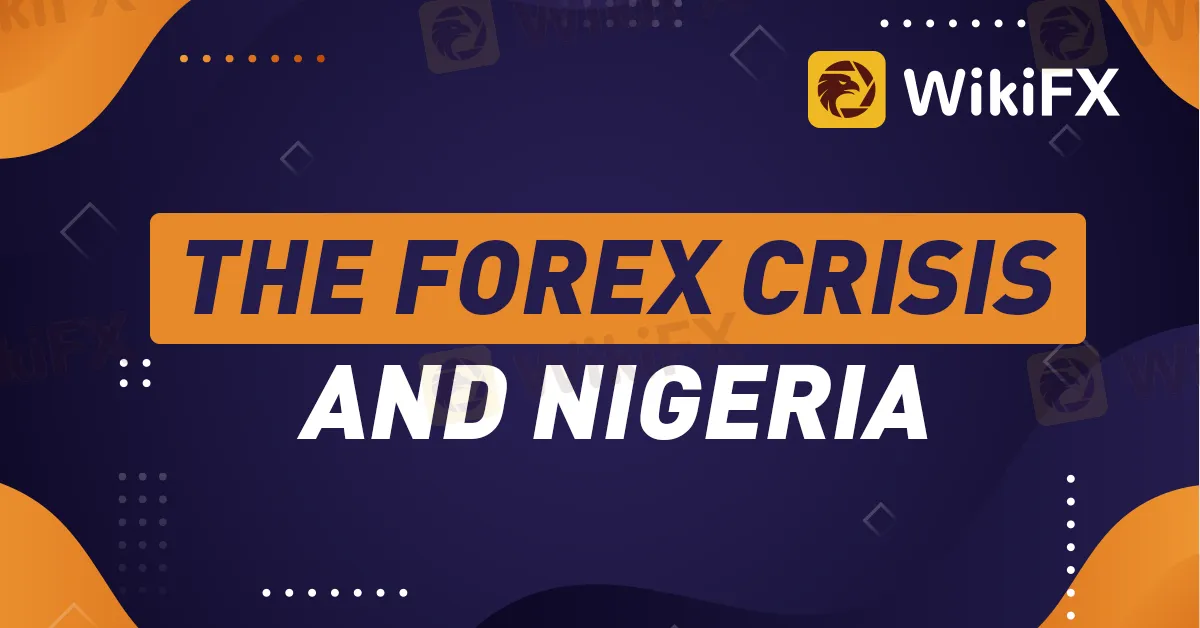Abstract:Nigeria is experiencing a dollar shortage. The Central Bank of Nigeria (CBN) is currently facing its largest crisis in recent memory.

Nigeria is experiencing a dollar shortage. The Central Bank of Nigeria (CBN) is currently facing its largest crisis in recent memory. To its credit, the CBN has been experimenting with various measures to strengthen dollar reserves and ultimately save the naira. The central bank is fully aware of this and its dire repercussions for the economy.
The Governor of CBN, Mr. Godwin Emefiele, has undoubtedly acquired additional gray hair while battling the dollar shortage. It's critical that he comply. The economy suffers if Nigeria's FX liquidity is threatened. The cost of products increases, and inflation rises. The primary sector suffers, which results in downsizing, shuttered firms, operating losses, and general economic weakness.
But if not for Emefiele's vision, it might have been worse. Despite the present forex situation, it is important to reiterate that Emefiele had repeatedly warned the country of the consequences of some of our activities. Even the list funded by forex had over 40 articles eliminated by him. The products include food, most of which, if not all, could be made locally. Nigeria spends roughly $4.6 billion a year on food imports despite having a vast agricultural potential. This is in addition to other imported goods like textiles for a nation that was formerly a good grower of cotton and an exporter of textiles. Emefiele helped the naira gain traction in the currency market by refusing importers of those over 40 products access to foreign exchange. Imagine for a moment, however, that the CBN Governor had not gone out of his way to remove those products off the list of things that were funded with foreign currency.
The consequence is that the Nigerian economy would have endured greater recession than it did, and worst of all, may have never recovered from the 2016 recession, given the decline in crude oil prices, increased import costs for refined petroleum products, and the specter of the Covid-19 pandemic.
Every time Nigeria imports something, the country's external reserve, which is mostly supported by crude oil receipts, suffers. Emefiele's brave decision to designate roughly 41 goods as “not-for-forex funding” was the genius that has kept the naira still gasping for air and the economy still panting, and we don't need a fortune teller to tell the country this.
Without his boldness, the bigger economy and the naira would both have been interred in the graveyard of the cowries.
In addition to encouraging local manufacture and production of the goods that were outlawed, the CBN's bold stance also helped to start the process of rectifying the imbalance in trade between Nigeria and the West. It implies that Nigeria is currently importing less from the West, Asia, and Britain. As a result, Nigerians now eat rice, tomato puree, and toothpicks that are created locally, among other things. It's understandable that The Economist and some other international media didn't hold back while criticizing CBN and Emefiele. For instance, The Economist's defense of lifting the restriction on the 41 items was incredibly dishonest.
The CBN should be commended for its audacity in proposing and implementing the policy as well as for what Nigeria stands to gain from a policy that promotes the purchase of locally produced goods. In the long run, the West and Asia would lose their largest market in Africa (remember that Nigeria imports the majority of the eaten rice from Thailand). This explains the malicious essay published by The Economist magazine in the UK roughly two years ago to attack the CBN policies.
Who, then, is actually to blame for Nigeria's current forex situation? neither Emefiele nor the CBN. On the contrary, it might have been worse if the CBN hadn't intervened so forcefully and often.
Actually, Nigerians are to responsible for the current dollar issue. The imbalance between supply and demand has been fueled by our way of life. Crude oil is Nigeria's main source of foreign currency. The supply of dollars has decreased along with the drop in the price of petroleum. The epidemic of COVID-19 made matters worse. Remittances from the diaspora are the next significant source of foreign exchange. The epidemic has severely damaged even this. Several Nigerians living abroad lost their employment, others were placed on furloughs, while yet more experienced wage cuts and company losses. Overall, there were little remittances.
Our desire to consume foreign foods and beverages, travel abroad for medical treatment, send our children and wards to foreign schools, and in some cases—as is typical among public office holders—stock up on dollars in bales and stacks in our homes hasn't diminished despite the shrinking forex supply. This indicates that there is less supply of foreign exchange than there is demand. When this occurs, we put tremendous pressure on the dollar and consequently devalue the naira. This is mostly due to our avarice and predilection for exotic lifestyles.
Our way of life prevents us from investing in manufacturing, constructing industries, or even raising the standard of our education. We have supported a lifestyle over the years that is, at best, wasteful. Only in Nigeria can we take up full pages in newspapers to felicitate with those honoring their birthdays; to announce death and burial; to congratulate political appointees on their 'well deserved appointments'. Every event is a meal. At parties, we are the ones who throw money about. Today, we also practice spray dollar, a flamboyant culture that we have exported abroad. Nigerians in the UK spray pounds sterling, those in Europe the euro, and those in America stamp on dollar bills in obscene abuse of the currency at often chaotic parties.
Undoubtedly, there is a currency crisis in Nigeria, but Emefiele or the CBN are not to blame. To preserve the naira, Nigerians must adopt a more balanced lifestyle.










